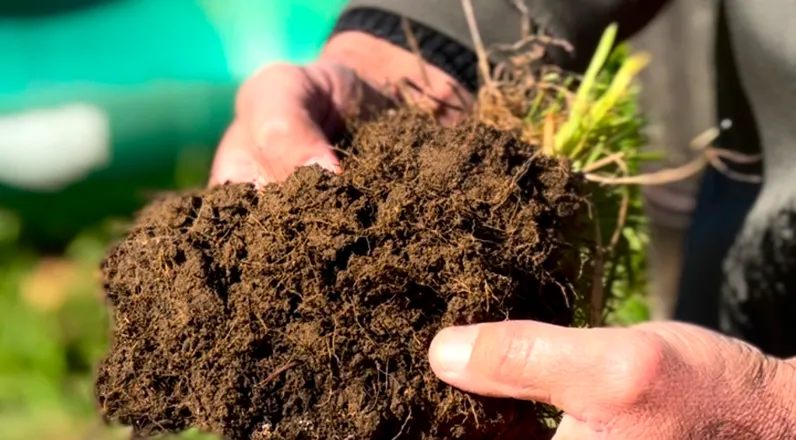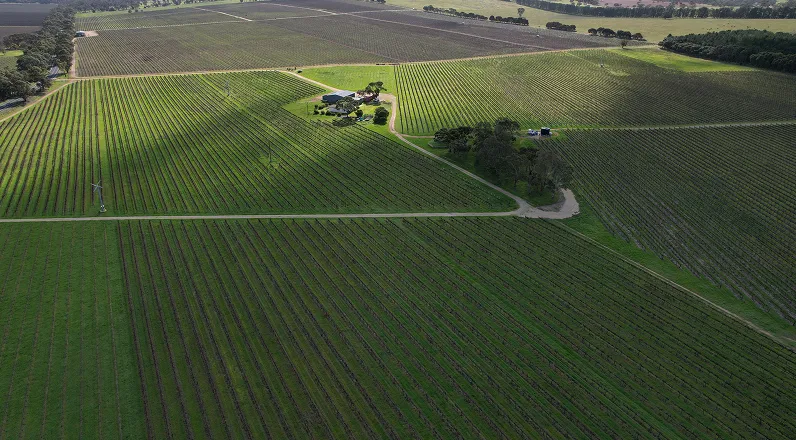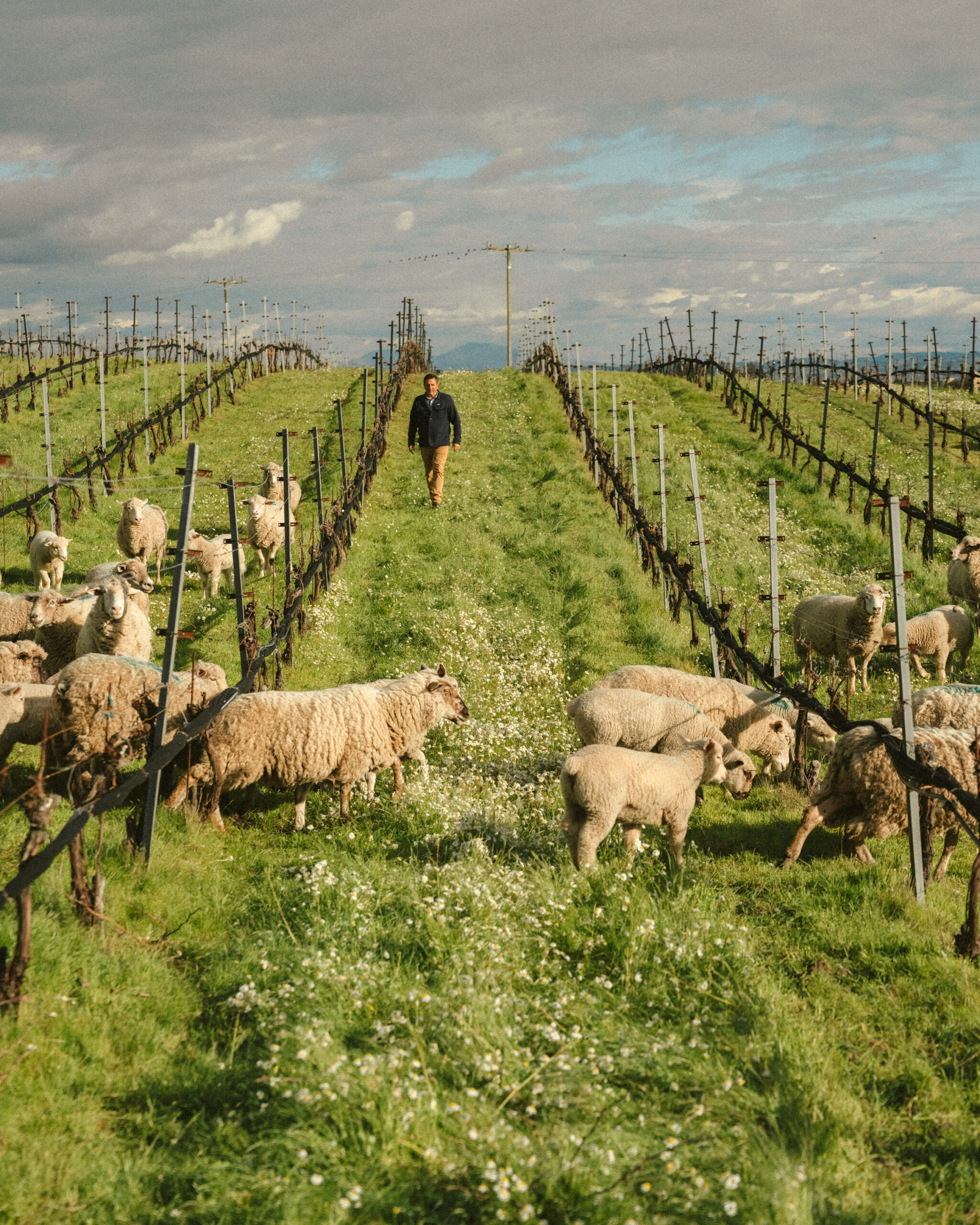RVF’s study into the evidence behind RV
A team of researchers from the RVF, Vinescapes and Niab have reviewed the science behind regenerative approaches to vineyard management.
Our research published 28th January 2025 in OENO One reveals how soil health and biodiversity boosts vineyard resilience to climate change.
Climate change, biodiversity loss and ecosystem decline are placing pressure on vineyards in wine regions around the world, forcing growers and wine markets to look at alternative means of production.
Winegrowers have started to chart a different viticulture focused on rebuilding soil health, restoring ecosystems, replenishing water cycles, reviving biodiversity, enhancing soil nutrients, reducing erosion and drought risk and providing alternatives to synthetic pesticides and herbicides. The research study shows many of the benefits of practices adopted in RV are supported by science, but there is a need for further context specific and multi-practice research to fully understand the risks and rewards associated with these practices.
Importantly, the study found evidence supporting:
- The application of organic soil amendments to boost soil nutrients, help with water management through aggregate stability and structure, increase soil organic matter and carbon content and help improve grape yields.
- Not tilling soils can help increase carbon sequestration in vineyards.
- Selected and managed cover crops promote soil health, improve soil structure and reduce compaction issues as well as increasing soil fertility and soil organic matter. In turn these benefits aid water infiltration and retention and reduce erosion risk. Cover crops were also shown to offer shading which cools soils and alleviates heat stress, and to enhance functional biodiversity in vineyards by giving a home to insect pollinator populations. Cover crops also provide an opportunity for carbon sequestration and nitrogen fixation.
- Bats and birds can provide elements of biocontrol, sheep and geese in vineyards can provide weed or cover crop control, fertiliser provision and less compaction than tractors.
- There is less consensus regarding the full long-term potential for bio-stimulants and Biological Control Agents or their impact on yields and the sensory of chemical composition of grapes and wine.
Lead RVF researcher Dr Alistair Nesbitt, of viticulture climate consultancy Vinescapes, and founding trustee of the RVF, said: “What really stands out from the research is a core focus on vineyard ecosystems and functional biodiversity can reduce so many vineyard challenges in the first place, and at the same time help growers mitigate and adapt to climate change.
“The study reinforces the potential for RV to provide wine producers with different techniques, which they can track, monitor and maintain with the right advice and technological support – this is great news for winegrowers in both hot and cool climate regions.
“This review evaluates peer-reviewed literature concerning methods of working with nature in vineyards including not tilling soils, integrating cover crops in rows, managing weeds without herbicide and grazing animals in vineyards.
“It establishes where there is scientific consensus, informs further research needs, and provides a basis for informed recommendations that growers can adopt”
The multi-disciplinary research team composed of lead author Dr. Flora O’Brien (Niab soil and root-biology scientist), Dr Alistair Nesbitt (Viti-Climatologist and CEO of Vinescapes Ltd.), Becky Sykes (RVF Programme Director) and Dr Belinda Kemp (Niab Group Leader – Viticulture and Oenology Research) reviewed hundreds of research papers, for the first time, to evaluate the science behind regenerative viticulture approaches.
RVF author Becky Sykes, said: “The findings illustrate the emerging status of RV and this review supports those establishing RV systems.
“The evidence also supports policymakers by highlighting aspects of RV contributing to the provision and protection of ecosystem services, climate change mitigation and vineyard resilience, fostering opportunities in viticulture”
“Furthermore, anyone owning, managing or thinking of investing in vineyards can now benefit from this knowledge and look to adopt, amend, trial and apply one or more practices to build knowledge around techniques and the impacts on their vineyard.”
‘Regenerative viticulture and climate change resilience’, O’Brien et al. (2025), was published in OENO One on 28 January 2025.






